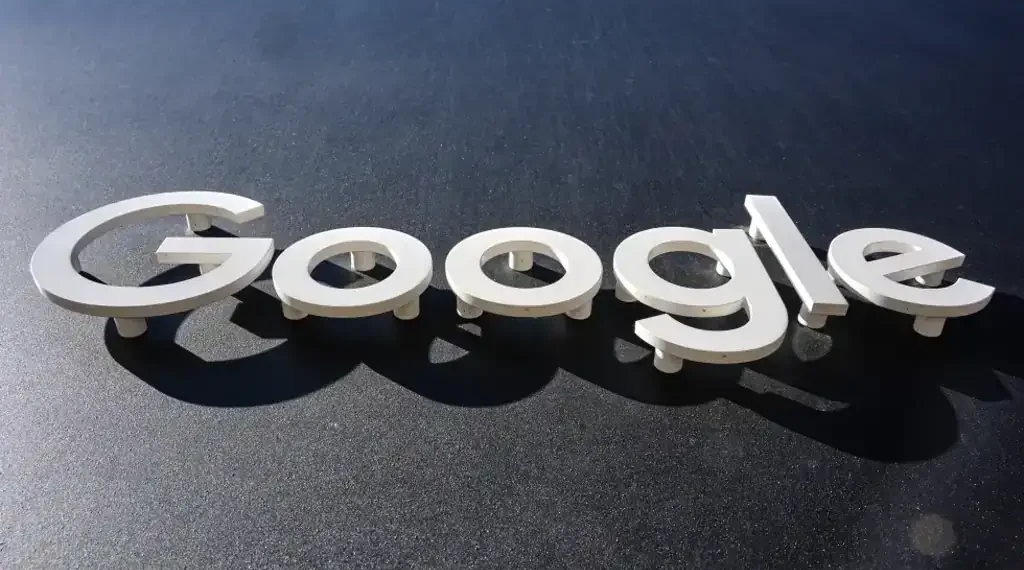European Union Launches Antitrust Investigation Into Google’s Search Practices
The European Union has opened a formal investigation into Google, examining whether its search engine policies unfairly demote content from legitimate news publishers across Europe. Regulators said the inquiry aims to ensure fair treatment of media outlets under the bloc’s new Digital Markets Act (DMA), a sweeping law designed to curb the dominance of major technology companies.
The European Commission, the EU’s top competition authority, announced Thursday that it suspects Google of potentially discriminating against certain online publishers through its “site reputation abuse” policy — a measure the company says is meant to protect users from spam and deceptive content.
EU Officials Question Fairness of Google’s Search Rules
Teresa Ribera, an executive vice-president of the European Commission, said regulators are concerned that Google’s current search policies may not allow news publishers to be treated “in a fair, reasonable, and non-discriminatory manner.”
“We will investigate to ensure that news publishers are not losing out on important revenues at a difficult time for the industry, and to ensure Google complies with the Digital Markets Act,” Ribera added.
The Digital Markets Act, which came into effect in 2023, requires so-called “digital gatekeepers” — large platforms like Google, Apple, and Meta — to give competitors fair access to their ecosystems and refrain from practices that distort competition.
Google Defends Policy as Anti-Spam Measure
In response, Google rejected the allegations, insisting that its policies are designed to safeguard users from manipulative online behavior.
Pandu Nayak, Google Search’s chief scientist, said in a company blog post that the “site reputation abuse” rule targets publishers who sell paid links or host low-quality sponsored content to artificially boost rankings.
“Unfortunately, the investigation announced today into our anti-spam efforts is entirely misguided and risks harming millions of European users,” Nayak wrote. “If we allowed this behavior — letting sites use sketchy tactics to boost their ranking, instead of investing in creating high-quality content — it would enable bad actors to displace sites that don’t use those spammy tactics, and it would degrade Search for everyone.”
Google argued that the policy is necessary to maintain search integrity and protect users from “deceptive, low-quality content and scams.”
Regulators Warn Policy Could Breach EU Law
However, the European Commission said Google’s policy may inadvertently harm legitimate publishers who rely on sponsored content or collaborations as part of their business model. Officials suggested that the measure could violate DMA provisions requiring large online platforms to treat all business users fairly.
The Commission emphasized that publishers’ use of monetization partnerships is “a common and legitimate way to sustain journalism,” especially as the industry continues to face declining ad revenue and digital competition.
A History of EU Fines and Tech Clashes
This new probe adds to a long list of EU antitrust actions against Google, reflecting ongoing tensions between Brussels and Silicon Valley over market dominance and data practices.
In September, the Commission fined Google €2.95 billion ($3.5 billion) for favoring its own advertising services — marking the fourth multibillion-euro penalty imposed on the company since 2017.
Those fines have already totaled more than €8 billion, underscoring the EU’s determination to regulate large digital firms.
The latest investigation must conclude within 12 months. If regulators find Google in violation of the Digital Markets Act, its parent company, Alphabet, could face fines of up to 10% of annual global revenue — or even higher for repeat offenses. The Commission also has the authority to order structural remedies, including the potential divestment of parts of the business.
Political Tensions Over U.S.-EU Tech Regulation
The EU’s assertive stance on Big Tech has occasionally sparked diplomatic friction with Washington. During his presidency, Donald Trump sharply criticized Brussels for penalizing U.S. technology firms, warning of potential retaliation.
While current relations are less confrontational, the investigation could still reignite debate over digital sovereignty and the balance between fair competition and regulatory overreach.
Broader Implications for the Media Industry
Analysts say the outcome of the case could have significant consequences for European media companies already struggling with declining digital revenues. Many publishers depend heavily on search visibility to drive readership and advertising income.
If Google is found to have breached the DMA, it may be forced to revise its search algorithms or compensation frameworks, potentially reshaping how journalism is monetized online.
As the investigation unfolds, both regulators and industry groups are calling for greater transparency in how major platforms handle content ranking — a key issue at the intersection of media freedom, digital competition, and consumer protection.
This article was rewritten by JournosNews.com based on verified reporting from trusted sources. The content has been independently reviewed, fact-checked, and edited for accuracy, neutrality, tone, and global readability in accordance with Google News and AdSense standards.
All opinions, quotes, or statements from contributors, experts, or sourced organizations do not necessarily reflect the views of JournosNews.com. JournosNews.com maintains full editorial independence from any external funders, sponsors, or organizations.
Stay informed with JournosNews.com — your trusted source for verified global reporting and in-depth analysis. Follow us on Google News, BlueSky, and X for real-time updates.














